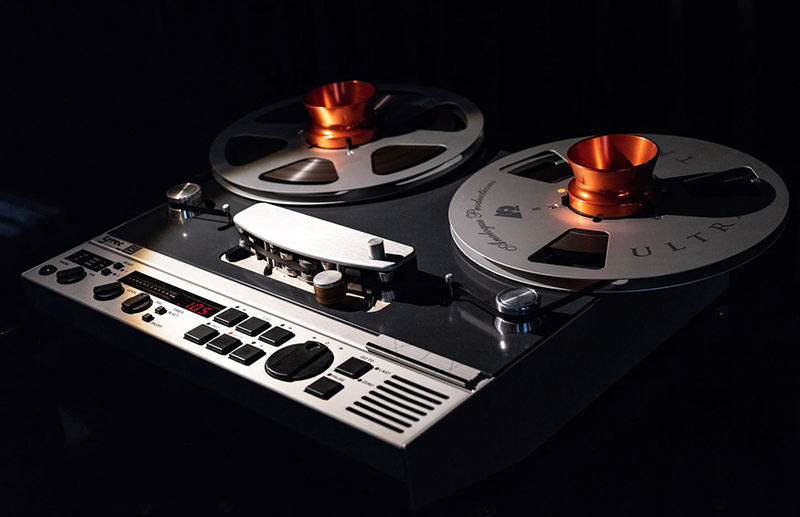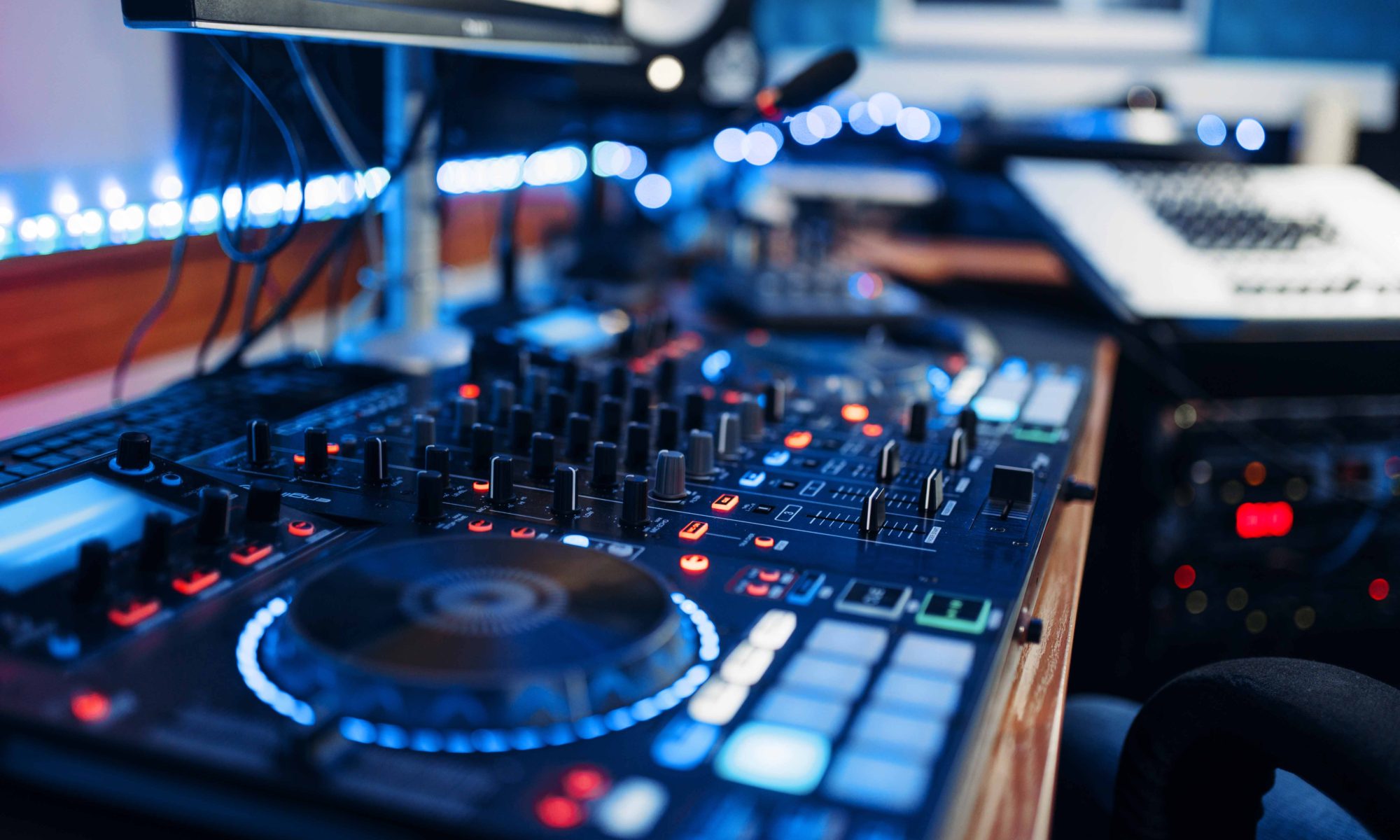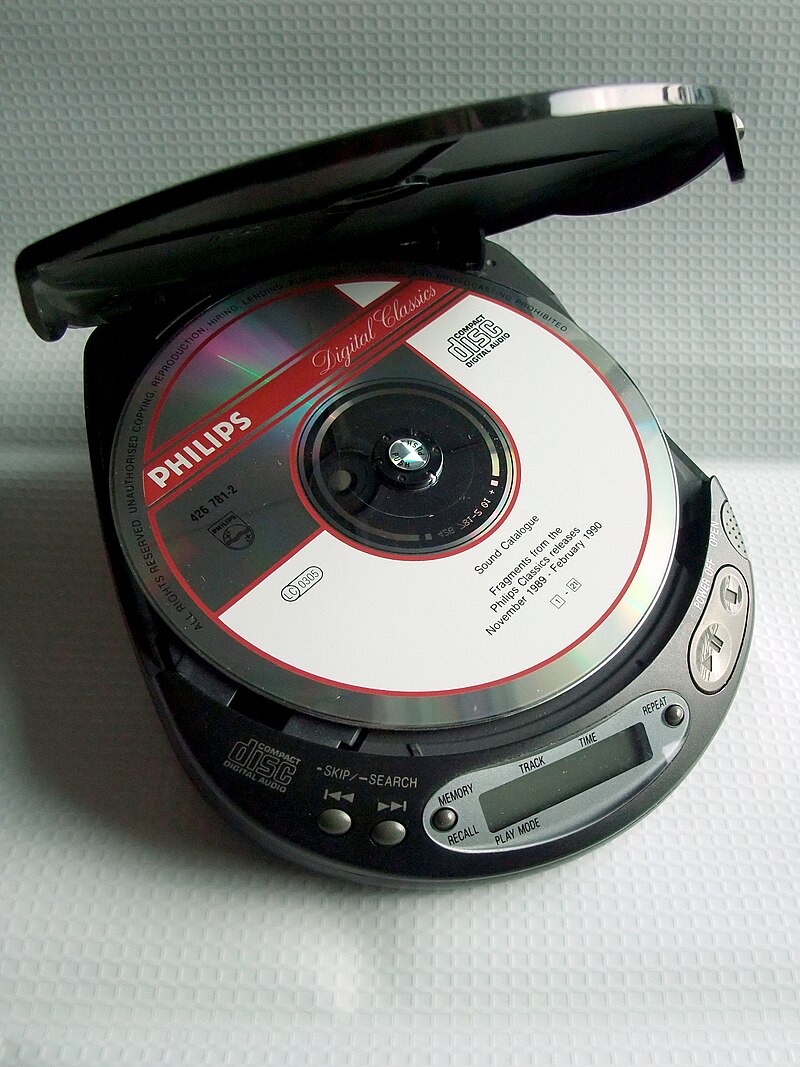Concepts and Definitions
Analog Recording
Analog recording is the process of directly converting sound waves into electrical signals without going through a digital conversion process. This method continuously captures sound and is typically stored on media like magnetic tape or vinyl records.
Don't miss: History of sound recording

Analog Recording Illustration, Photo by Prosoundweb
Digital Recording
In contrast to analog, digital recording converts sound into digital data. This process involves sampling sound at fixed intervals and encoding it into digital data. This data can then be stored on devices such as CDs, hard drives, or memory cards.
Don't miss: History of Digital Recording

Digital Recording Illustration, Photo by Musicloudstudio
Illustrative Examples
Analog Case: Vinyl Records
Vinyl records are a classic example of analog recording. In this process, sound is converted into small grooves on the surface of the record. When the needle of the record player touches these grooves, it produces sound with warm and natural characteristics, highly cherished in the music lover community.

Vinyl Illustration, Photo by Wikipedia
Digital Case: Music CDs
CDs, or Compact Discs, are an emblem of digital recording. In a CD, sound is encoded into a series of numbers and recorded onto the disc. Upon playback, the CD player accurately reproduces these numbers as sound, ensuring stable and distortion-free quality over time.

CDs Illustration, Photo by Wikipedia
Specific Use Cases
In Analog Recording
- Professional Recording Studios: Artists and sound engineers prefer analog to record classical, jazz, or classic rock music with a "live" and natural sound.
- Classical Music Enthusiasts and Collectors: These individuals often choose vinyl to enjoy the distinctive sound quality that cannot be replicated digitally.
In Digital Recording
- Editing and Sound Processing: Digital allows for easier sound editing, suitable for modern music producers.
- Easy Storage and Sharing: Digital music can be stored on compact devices and shared over the internet, fitting today’s connected world.
Don't miss: Explore Quality Recording Solutions When Budgets Are Limited
Analysis of Advantages and Disadvantages
Advantages of Analog Recording
- Natural and Warm Sound Quality: Analog creates sound with warmth and depth that is not easily replicated in a digital environment.
- Wide Dynamic Range: Capable of handling large fluctuations in volume without distortion.
Disadvantages of Analog Recording
- Physical Wear and Tear: Media like tapes and vinyl can degrade over time.
- Large Size and Cost: Analog recording and playback equipment are often bulky and expensive.
- Background Noise and Interference: Analog recordings are often affected by noise and interference from the environment.
Advantages of Digital Recording
- High Flexibility and Convenience: Easy to store, share, and edit.
- Stable Sound Quality: Sound quality does not degrade over time.
- Accurate Reproduction: Capable of accurately reproducing sound each time it is played back.
Don't miss: Effective Audio Recording: Important Principles and Tips
Disadvantages of Digital Recording
- Data Loss During Compression: The process of compression can lead to a loss of sound quality.
- Lack of Natural Sound Feel: Some people feel that digital sound lacks the natural and "soulful" feel.
- Requirement for Modern Equipment: Requires a computer system and digital storage devices.
Conclusion
When choosing between analog and digital recording, the most important thing is to determine your goals and personal preferences. Analog is suitable for those who love classical and natural sound quality, while digital is the ideal choice for those who need convenience and efficiency in storing and processing sound.
Exploring the World of Digital Voice Recorders
As we've explored the nuances between analog and digital recording, it's clear that digital technology offers unparalleled convenience and flexibility. This brings us to an incredibly useful and modern tool in the realm of digital recording: the Digital Voice Recorder.
Don't miss: Comparing the Use of Mobile Phones and Voice Recorders for Recording: Why People Prefer Voice Recorders?
What is a Digital Voice Recorder?
A Digital Voice Recorder is a compact, portable device designed to record audio in digital format. Unlike the older analog tape recorders, these devices store audio data in digital form, often on internal memory or removable media like SD cards. This leap to digital offers several advantages, aligning with the benefits of digital recording we discussed earlier.

Digital Voice Recorder, Photo by TCTEC
Why Consider a Digital Voice Recorder?
- Convenience and Portability: Their small size makes them perfect for on-the-go recordings, be it lectures, interviews, or just capturing ideas.
- High-Quality Audio: Many of these devices offer crystal-clear recording quality, some even with noise-reduction capabilities.
- Easy File Transfer and Editing: Transferring files from a digital voice recorder to a computer is straightforward, making it easy to edit, transcribe, or share your recordings.
- Long Recording Times: With ample internal storage and efficient file formats, digital voice recorders can store hours of audio without compromising quality.
Don't miss: Mastering Your Digital Voice Recorder: A Comprehensive Guide to Unlocking its Full Potential
How Does It Relate to Our Discussion?
Reflecting on our exploration of analog vs. digital recording, a digital voice recorder exemplifies the strengths of digital technology. It's a practical embodiment of the ease, stability, and versatility that digital recording brings to our lives. Whether you're a student, a professional, or someone who enjoys capturing and revisiting audio memories, a digital voice recorder can be an invaluable tool.

Digital Voice Recorder, Photo by TCTEC
Making the Right Choice
If you're leaning towards embracing digital recording, whether transitioning from analog or starting anew, a digital voice recorder could be your first step. It's a modern tool that encapsulates the essence of digital recording's convenience and quality, perfectly suited for the fast-paced, quality-focused world we live in.
Don't miss: Efficient Audio Transcription: Free Tools and Techniques for Optimal Converting Recordings to Text

Digital Voice Recorder, Photo by TCTEC
In closing, as you contemplate the analog vs. digital divide, consider how a Digital Voice Recorder might fit into your audio recording needs. It's a small step into the digital world, but one that aligns seamlessly with the evolving landscape of audio technology.
If you are looking for attractive deals and useful information about products on Amazon, join our "Gadget Deals, Coupons, Tips - TCTEC Community" on Facebook. With a team of expert product reviewers and top deal hunters, we are committed to helping you save on shopping costs and providing valuable advice on product usage. Become a member of our community to share and stay updated on the latest information about Amazon products!
Copyright 2022 TCTEC. All rights reserved. This content may not be reproduced or distributed without permission.

